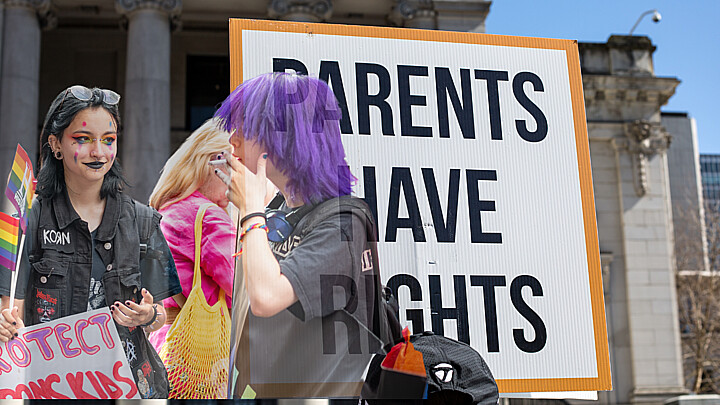Health
Controversial CARE Court bill gaining momentum in California state Legislature
California Governor Gavin Newsom is happy to see support for the proposed CARE (Community Assistance, Recovery & Empowerment) Court in the state legislature but it's still got detractors.
June 29, 2022 7:16pm
Updated: June 30, 2022 2:27pm
California Governor Gavin Newsom is happy to see support for the proposed CARE (Community Assistance, Recovery & Empowerment) Court in the state legislature but it's still got detractors.
California's CARE Court bill (SB 1388), proposed by Senator Thomas Umberg, D-Santa Ana, and Senator Susan Talamantes Eggman, D-Stockton, is earning support.
It passed 39-0 in the California state Senate and appears to have bipartisan support in the Assembly. It cleared the Assembly Health Committee with a 14-0 vote this week.
"Californians understand that we need a paradigm shift to help the thousands of individuals in crisis suffering with untreated psychosis and too often living on the streets," Newsom said in a press release. "The passage of CARE Court will not only bring relief to those in dire need of care in the community, but it will also bring hope to their friends and family members who feel helpless under today's status quo."
But the proposal is not without controversy. Human Rights Watch wrote the bill's sponsors in April, sharing concern over the civil rights of those the state would see designated to follow the CARE Court path.
"CARE Court proponents claim it will increase up-stream diversion from the criminal legal and conservatorship systems by allowing a wide range of actors to refer people with schizophrenia and other psychotic disorders to the jurisdiction of the courts without an arrest or hospitalization," the organization wrote. "In fact, the bill creates a new pathway for government officials and family members to place people under state control and take away their autonomy and liberty."
Here is how Newsom's office describes the proposed CARE Court program:
"CARE Court connects a person struggling with untreated mental illness – and often also substance use challenges – with a court-ordered Care Plan for up to 24 months. Each plan is managed by a care team in the community and can include clinically prescribed, individualized interventions with several supportive services, medication, and a housing plan. The client-centered approach also includes a public defender and supporter to help make self-directed care decisions in addition to their full clinical team."










